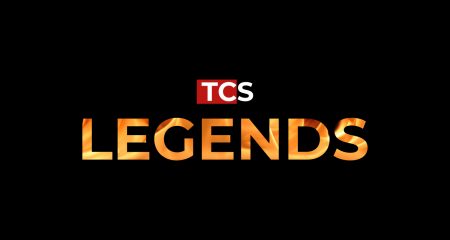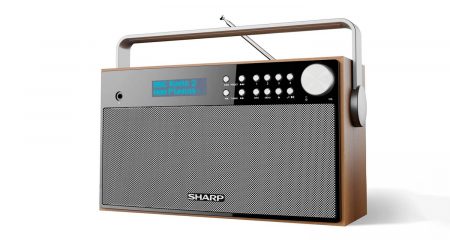
A battle may be looming between industry and government over the broadcasting standard SA will use for digital terrestrial television. It’s a row that could set back SA’s plans to move to digital TV by years.
SA has committed itself to using the European digital video broadcasting terrestrial (DVB-T) standard, but the department of communications may be seeking to throw a spanner in the works. The department wants broadcasters to consider Japan’s integrated services digital broadcasting terrestrial (ISDB-T) standard as an option.
SA broadcasters are already running extensive trials using the DVB-T standard and there are concerns that shifting to another standard will cost them millions of rand and put the country at odds with its neighbouring states, all of which have committed to DVB-T.
Industry players are already expressing concern — both publicly and privately — that adoption of another system could set back the move from analogue to digital terrestrial television by up to three years and put the country on a more expensive technology path.
“We are so close to launching this standard [DVB-T] and so I fail to understand why now, at the eleventh hour, we’d consider something else,” says Altech UEC business development director Anton Lan. UEC is the country’s largest manufacturer of digital set-top boxes.
“So much time has been put into this by everyone — government, Sentech, the broadcasters — one has to ask: why now?” Lan says.
The department of communications has called a symposium, to be held in Johannesburg this Thursday and Friday, at which it wants to consult the broadcasting industry to “gain a comprehensive understanding and insight into what each standard offers” and “determine the flexibility of the standards to incorporate innovations”.
Communications department chief director Gift Buthelezi, who is believed to be the key figure behind this week’s symposium, could not immediately be reached for comment. However, the stage appears set for fireworks.
According to industry sources, the Brazilian government, which has adopted ISDB-T — one of only a handful of countries outside Japan to do so — is putting pressure on SA to switch away from its commitment to DVB-T.
According to an industry body, the Southern African Digital Broadcasting Association (Sadiba), ISDB-T has “limited and fragmented implementation in Japan and Brazil, with recent adoption by Argentina, Peru and Chile, among others”.
Sadiba warns that ISDB-T does not offer technological benefits over DVB-T. “It is not the most advanced technology available today, and nor is it more [spectrally] efficient, affordable, interactive or more flexible than DVB-T.”
The association says implementing ISDB-T will result in “increased radio interference, poor spectrum efficiency and perpetual spectrum wastage” and will not conform to a binding agreement signed by International Telecommunication Union member states in 2006. SA is a signatory.
“It’s really looking like there will be a showdown over this,” says Sadiba representative Gerhard Petrick. “No-one has asked for a change in the standard other than the department of communications, which has been lobbied hard by Japanese and Brazilian lobbyists.”
Petrick says the ISDB-T standard does not fit into the frequency band plans that SA has coordinated with Europe and with other countries in Africa.
“Efforts to reconsider the standard are not based on any scientific or factual assessment of the performance of these standards,” Petrick says.
“The call to participate in a standards debate is clearly biased against the adopted DVB-T standard and it signals the department of communications has bought into the sales talk of the Japanese and Brazilian lobbyists.”
He says these lobbyists are pushing for SA to adopt the technology because they are struggling to get the economies of scale needed to get prices down in their own markets.
“DVB-T technology will always be cheaper because its market is so much larger,” Petrick says. — Duncan McLeod, TechCentral
- Subscribe to our free daily newsletter
- Follow us on Twitter or on Facebook




